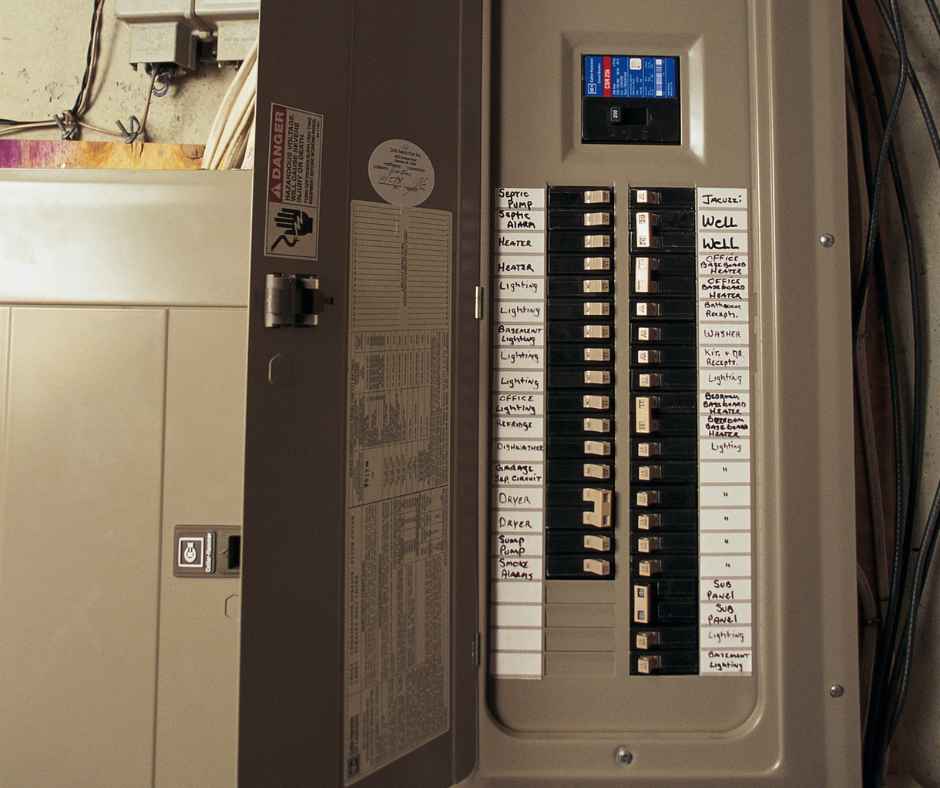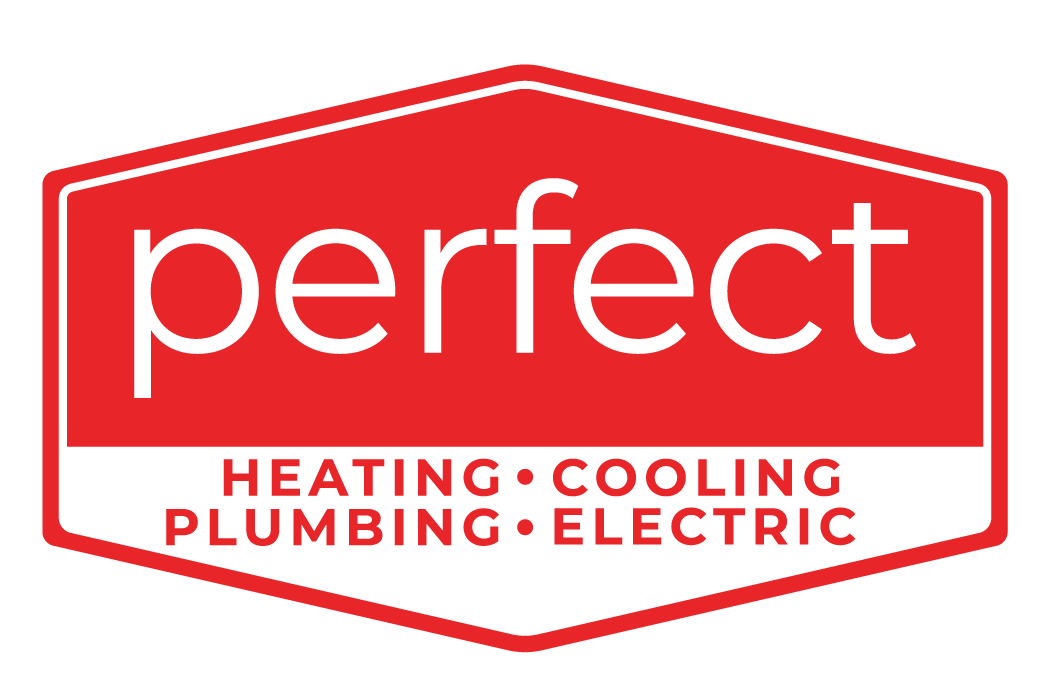
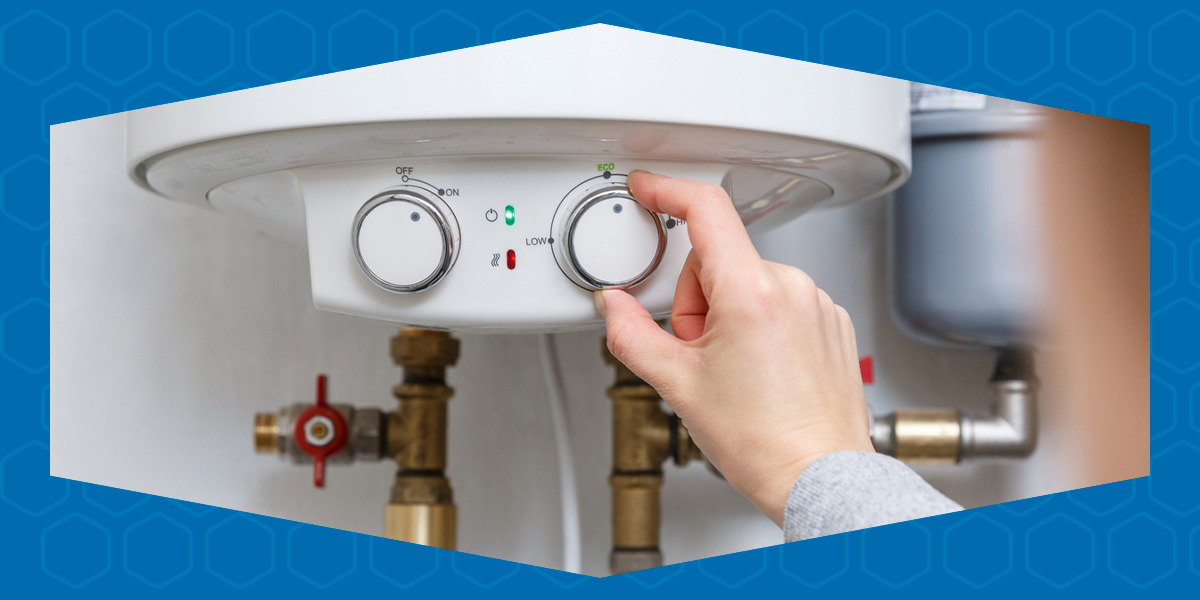
Which Water Heater Is Best for Your Home?
September 20, 2023
When you really stop to think about it, residential water heaters are the unsung heroes of every home. From hot, balmy showers to clean, sparkling dishes, these machines help make modern life possible.
It makes sense, then, that replacing your water heater is a big deal. We’ll help you understand your options so you can make the best decision.
The 7 Different Types of Water Heaters for Your Home
Water heaters today fall into one of seven categories:
1. Conventional (Tank) Water Heater
A conventional tank model may be a good choice for you if you need an affordable, low-maintenance unit. Most can hold up to 80 gallons, but you can find larger ones if needed. You can also choose between natural gas and electricity for fuel, so there’s an option for every household.
These heaters work by warming the water stored in the tank to the preset temperature. Once that happens, the heater shuts off, and any remaining water cools back down — so if you run out of hot water, you need to wait until it runs another cycle.
Some of the other drawbacks of a conventional water heater include:
- Efficiency: Conventional heaters do their jobs even when not in use, making them the least energy-efficient type of water heater.
- Size: These heaters are large — if you have a smaller home, you may be limited in your options.
- Lifespan: Tankless water heaters tend to last as much as five years longer than a standard conventional unit.
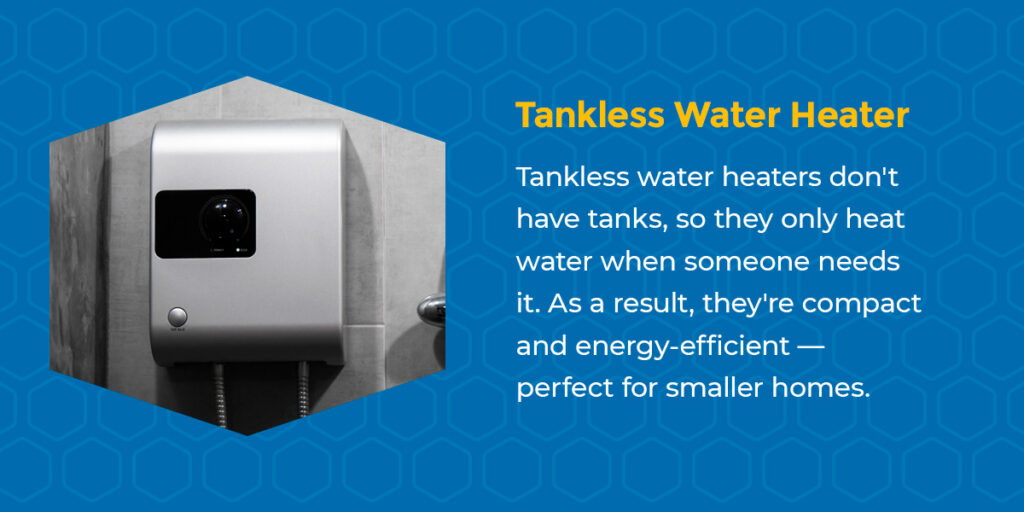
2. Tankless Water Heater
Tankless water heaters don’t have tanks, so they only heat water when someone needs it. As a result, they’re compact and energy-efficient — perfect for smaller homes.
The main disadvantage of switching to tankless is usually the high upfront and installation costs. While they can save you on energy bills in the long run, tankless heaters are a much heftier investment than conventional tank heaters.
3. Solar Water Heater
More American homeowners are installing solar panels than ever, which is why solar-powered water heaters are becoming a more attractive option each year. Because they run on your home’s existing solar system, they can dramatically reduce your utility bills — which offsets the high upfront costs.
Solar isn’t for everyone. If you live somewhere where heavy snow or rain is common, you’re unlikely to get much benefit from a solar-powered heater. You will need to install a backup electricity or natural gas power supply wherever you live to ensure hot water all year long.
4. Point-Of-Use Water Heater
Point-of-use water heaters provide hot water to a specific water fixture, such as a shower or sink. They’re typically compact with only a small tank, making them perfect for any space. Tankless versions are also available for smaller spaces.
While point-of-use heaters are more affordable than some of the other options on this list, they’re generally less energy-efficient, which can drive up your utility bills.
5. Hybrid Water Heater (Heat Pump)
Hybrid water heaters, or heat pumps, draw heat from the surrounding environment rather than producing it with a fuel source like electricity or natural gas. As a result, they’re highly energy-efficient, using up to 70% less electricity than conventional tank heaters — so you can save more in the long run.
Some of the drawbacks of hybrid water heaters include:
- Climate: Because they draw on ambient heat to do their job, heat pumps are best for people living in warmer climates.
- Cost: The high upfront cost to buy and install a heat pump is often above what people are willing or able to spend.
6. Combination Water Heater and Boiler (Combi-Boiler)
Also known as a combi-boiler, a combination water heater and boiler does exactly what the name implies — it’s a single unit that heats both your home and your water. This also means it saves space by eliminating the need for both a boiler and a water heater.
The main drawback to using a combi-boiler is its limited capacity. For example, a combi-boiler wouldn’t be able to heat enough water for a large family that uses multiple showers and the dishwasher at the same time.
7. Condensing Water Heater
Condensing heaters work by taking the fumes from your natural gas system and funneling the heat into a coil beneath the water tank. The gas’s heat increases the temperature of the water through conduction with no extra power required.
Although the upfront cost can be high, these heaters can actually help you reduce your utility bills by relying on waste gas rather than electricity or more natural gas.
The potential downsides to condensing water heaters include:
- Cost: A condensing water heater is a pretty significant investment for most households, though its energy efficiency means you’re likely to save on utilities.
- Fuel: Installing a condensing water heater is more complicated in homes without natural gas.
How to Choose a Water Heater
When you’re looking for a new water heater, you want to make sure you’re making the most informed choice. Let’s go over the most important factors to consider while you’re exploring your options.
Available Space
The biggest factor that will impact your choice of water heater is where it will go and whether it will fit there. Take some time to carefully measure how much space you have in your home before you even begin browsing models.
Generally, any water heater that has a tank is going to be pretty big. If you have a smaller home or don’t have the space, a tankless model might be the better option.
Energy Efficiency
Choosing an energy-efficient water heater is a great way to shrink your overall energy costs, save water and reduce your environmental footprint. The most efficient options on this list are heat pumps and solar-powered systems — but if you have to go with another option, look for the Energy Star label.
Budget and Ongoing Costs
In terms of upfront costs, conventional tank heaters are going to be the most affordable option on this list — they’re very common, so they have the lowest ticket prices and installation costs.
If you’re looking at ongoing costs, you’re more likely to save money with a more energy-efficient model like a hybrid heater or a solar-powered unit. You’ll save more on utility bills and ultimately contribute to a healthier planet.
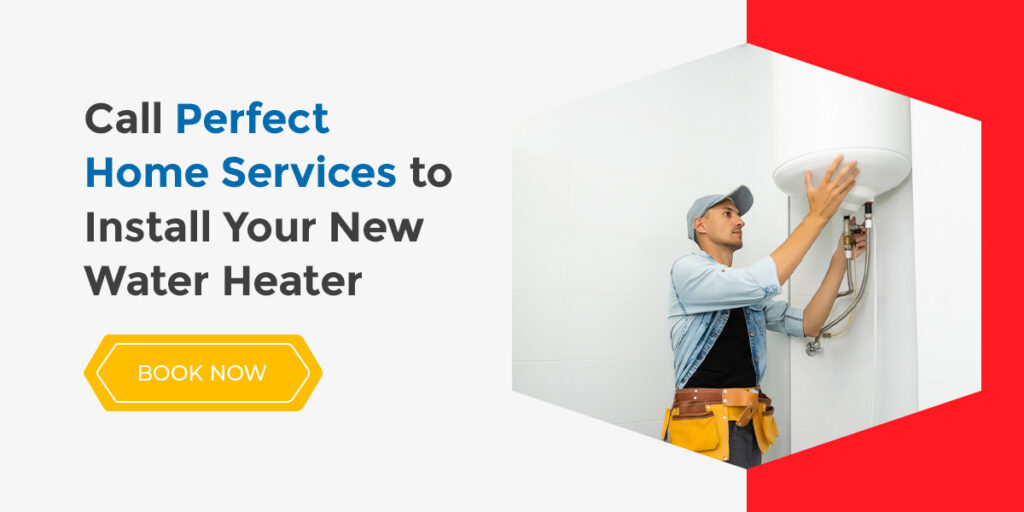
Call Perfect Home Services to Install Your New Water Heater
Do you need help installing a new water heater? Call the experts at Perfect Home Services to help you out. We believe that no project is done until it’s perfect the first time around — so if you’re in the greater Chicago area, give us a call today! We’ll help you get your new heater up and running in no time flat.
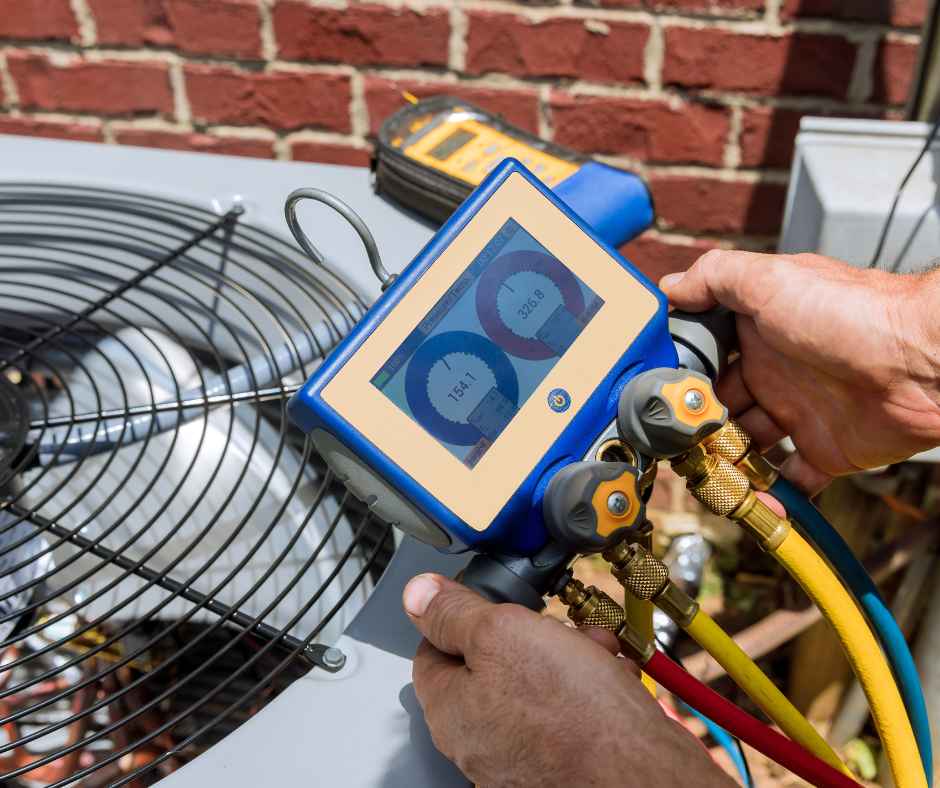
Should I Repair or Replace My AC?
June 4, 2025
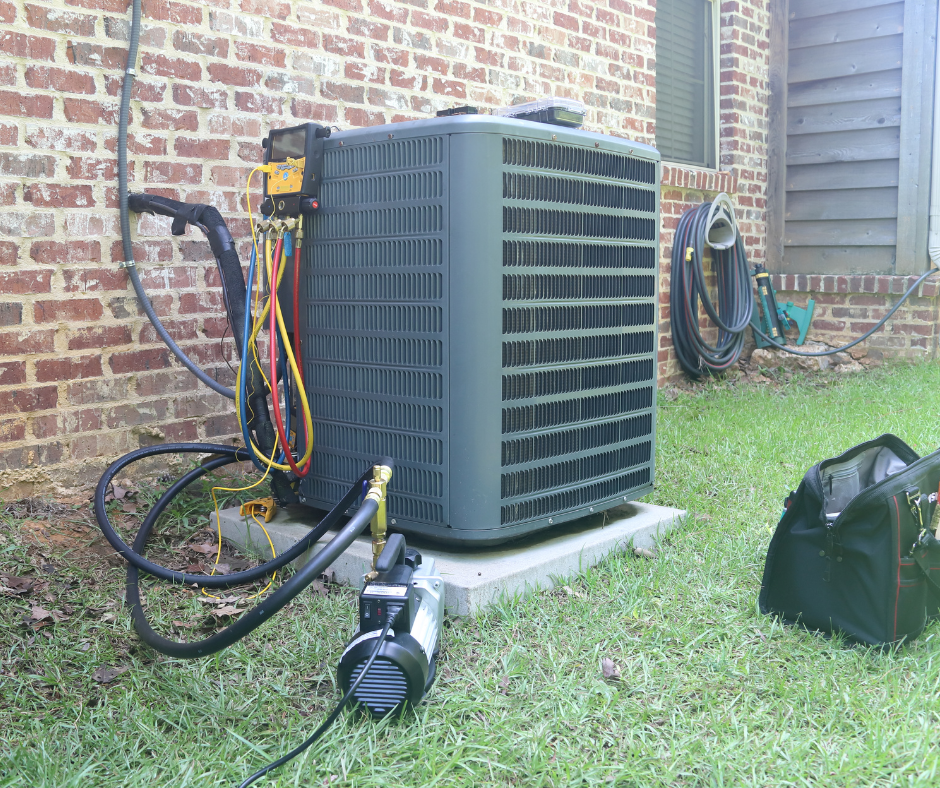
Why Is My Air Conditioner Running But Not Cooling The House?
May 8, 2025
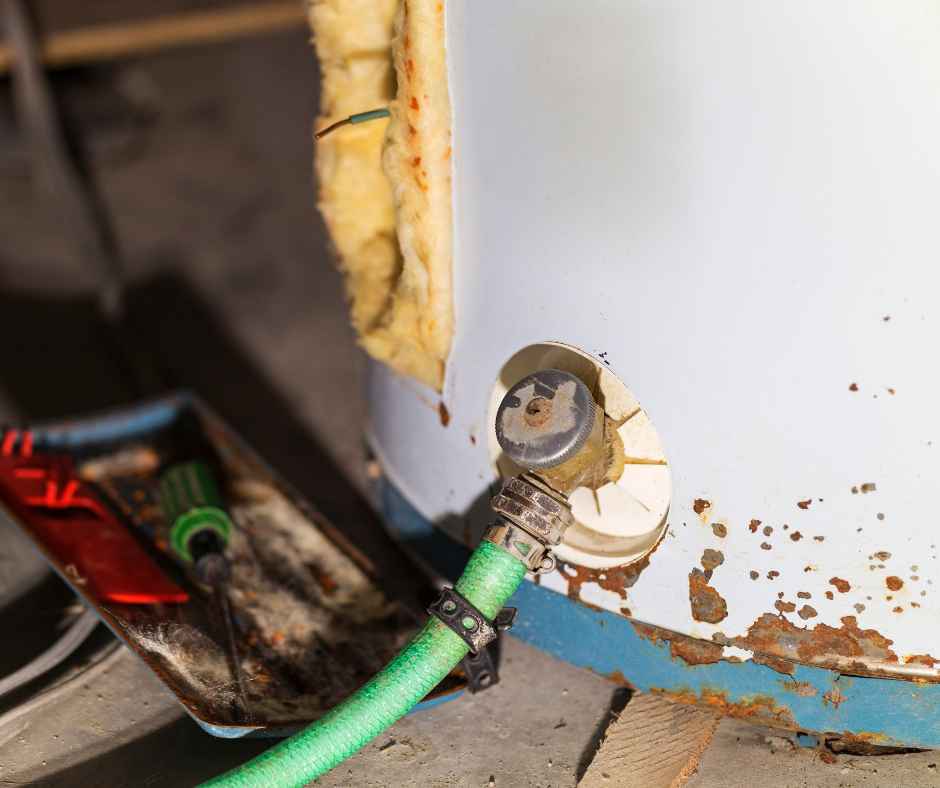
How Long Does a Water Heater Last?
April 10, 2025
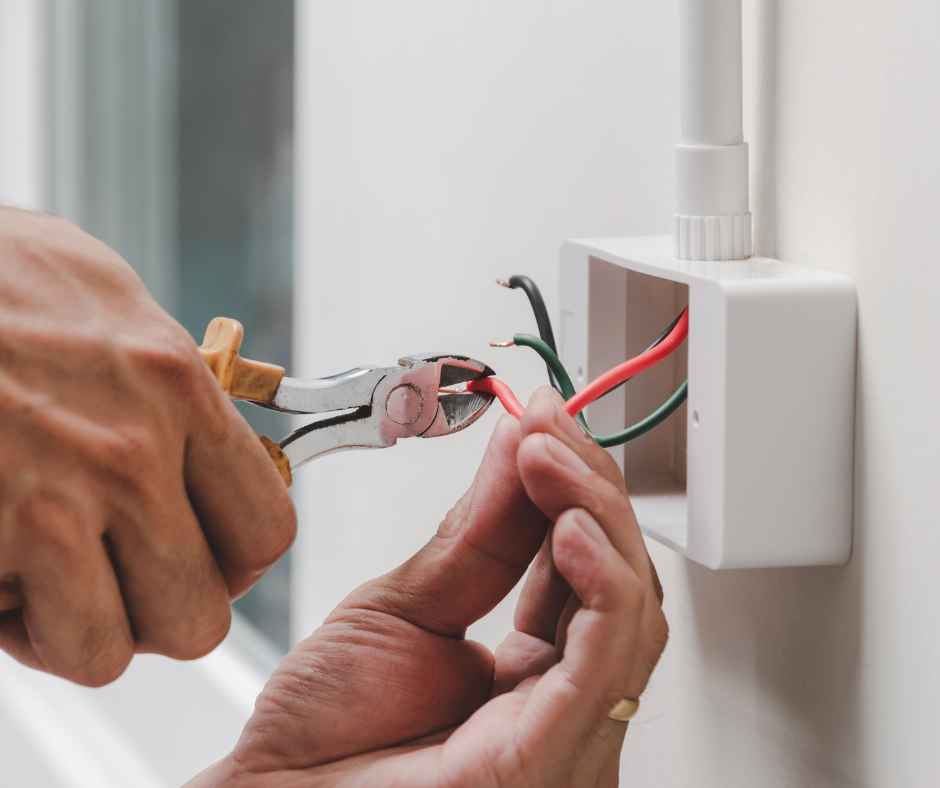
How to Troubleshoot Common Electrical Issues in Your Home
March 13, 2025
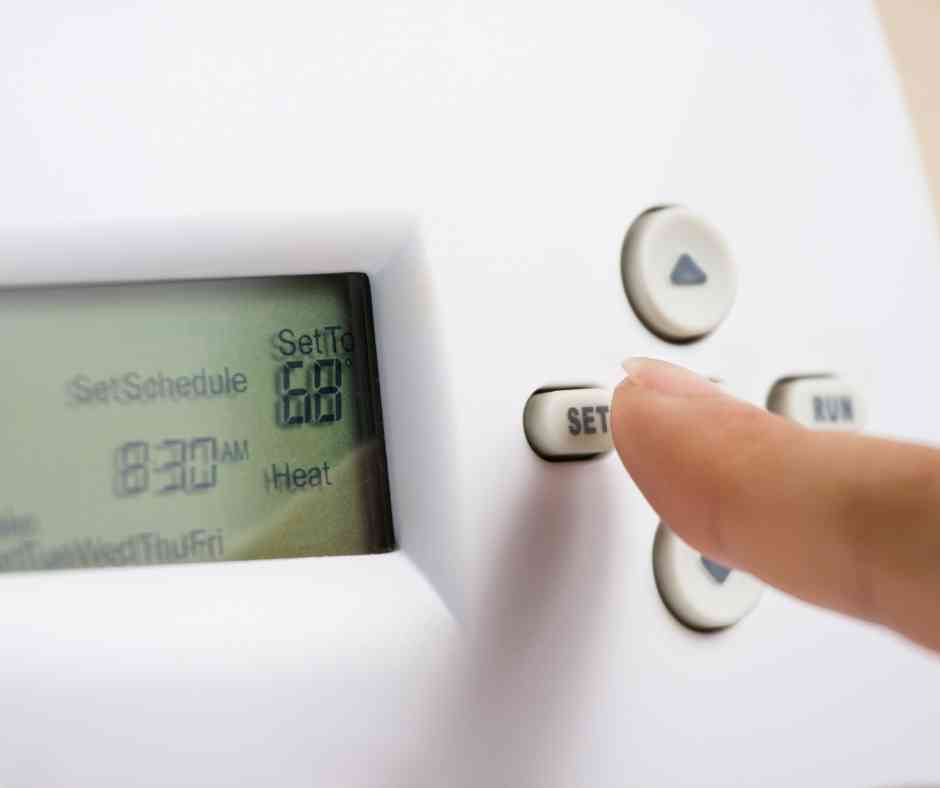
What Does Hold Mean on a Thermostat?
February 13, 2025
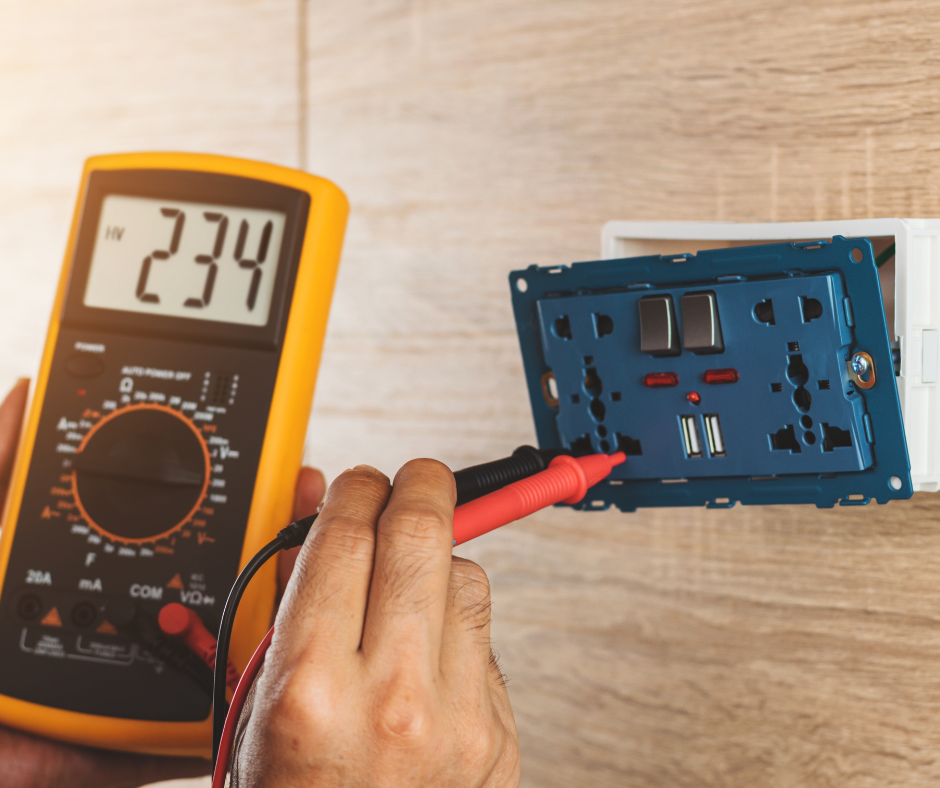
Home Electrical Inspection Checklist
January 6, 2025
